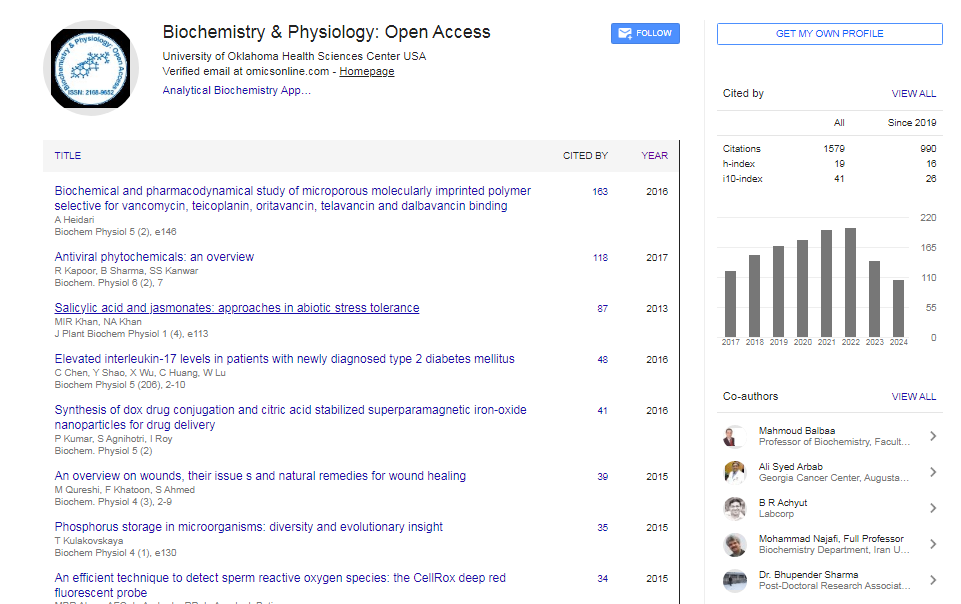Research Article
Analysis of Determinant Factors in Stunting Children Aged 12 to 60 Months
| Hendrayati* | |
| Doctoral Program of Public Health Faculty, Airlangga University, Surabaya, Indonesia | |
| Corresponding Author : | Hendrayati Doctoral Program of Public Health Faculty Airlangga University, Surabaya, Indonesia Tel: 081524005261 E-mail: hendragizi@yahoo.co.id |
| Received May 27, 2015; Accepted August 04, 2015; Published August 11, 2015 | |
| Citation: Hendrayati (2015) Analysis of Determinant Factors in Stunting Children Aged 12 to 60 Months. Biochem Physiol S5:009. doi:10.4172/2168-9652.S5-009 | |
| Copyright: © 2015 Hendrayati. This is an open-access article distributed under the terms of the Creative Commons Attribution License, which permits unrestricted use, distribution, and reproduction in any medium, provided the original author and source are credited. | |
Abstract
Stunting is a chronic nutritional problems which caused by the low intake of nutrients in long term, resulting in unfulfilled demand for nutrients. Indonesia has the highest incidence of stunting compared to other Southeast Asian countries. The prevalence of stunting in Indonesia tends to increase. Basic medical research showed prevalence of stunting were 35.6% in 2010 and 37.2% in 2013.This study aimed to analyze determinant factors in the incidence of stunting in children aged 12 to 60 months. The method that used in this study was analytic survey with sample size as many as 155 stunting children. The data was collection through questionnaire, food recall and anthropometry.
Determinant factors in the incidence of stunting in children aged 12 to 60 months were intake of energy (p < 0.001) and other macro-nutrients such as carbohydrate (p < 0.001), protein (p < 0.001) as well as fat (p < 0.008). While the intake of micronutrients that contributed to the incidence of stunting were the intake of vitamin A (p < 0.036) and zinc (p < 0.050). Beside the intakes, feeding practices such as consistency (p < 0.001), frequency (p < 0.001) and habit of having breakfast (p < 0.001) were also determining factors in the incidence of stunting. Maternal knowledge concerning to nutrition, exclusive breastfeeding and complementary foods were not determining factor in the incidence of stunting but were the protective one.

 Spanish
Spanish  Chinese
Chinese  Russian
Russian  German
German  French
French  Japanese
Japanese  Portuguese
Portuguese  Hindi
Hindi 